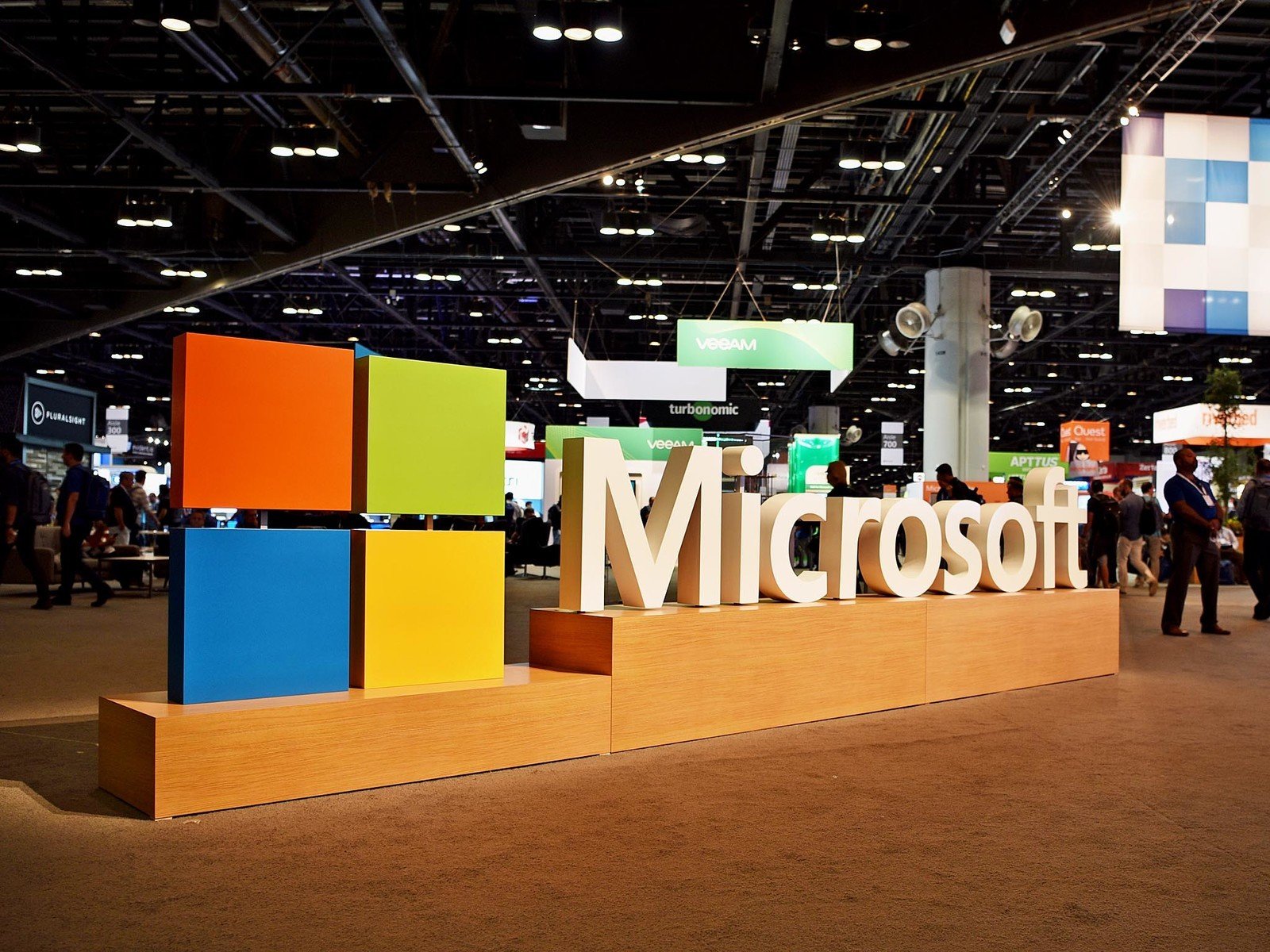Microsoft's Airband International aims to bring internet to 40 million people
Microsoft continues on its goal to bring internet access around the globe.

All the latest news, reviews, and guides for Windows and Xbox diehards.
You are now subscribed
Your newsletter sign-up was successful
What you need to know
- Microsoft reaffirmed its goal to bring internet access to underserved people.
- Microsoft will work to bring internet access to areas such as Latin America and Sub-Saharan Africa through TV whitespace technology.
- Microsoft plans to bring internet access to over 40 million unserved or underserved people by July 2022.
Microsoft reaffirmed its commitment to delivering internet access around the globe today at the Devex Conference on International Finance. Microsoft will create the international track of the Airband Initiative to help deliver internet access to more people. Microsoft's goal is to bring internet access to 40 million unserved and underserved people by July 2022. Airband International will initially focus on Latin America and Sub-Saharan Africa.
Microsoft has many efforts to expand internet access that utilize TV whitespace technology. This technology utilizes unused frequencies to bring internet access to areas that cannot be connected in traditional ways. Areas like these are often rural areas that cannot easily have broadband internet. Microsoft has done extensive work and worked with ISPs to deliver internet access in the United States, Ghana, India, and Kenya.
The blog post announcing the international expansion formalizes the international portion of the program stating, "Today marks the formalization of the international work within the Initiative."
The blog post emphasizes that solutions that work in one area might not work in another, so Microsoft will work with local people and authorities to deliver the best solution for each area. Generally, Airband International relies on four parts that are outlined in the blog post:
- Removing regulatory obstacles to TV White Space (TVWS) and other technologies that help our partners extend their networks quickly in unserved, predominantly rural, areas.
- Partnering with local internet service providers (ISPs) to provide affordable, reliable internet services.
- Enabling rural digital transformation in newly connected areas, with a focus on supporting agriculture, education, rural entrepreneurship and telemedicine, as well as off-grid energy sources where necessary in order to improve rural productivity and livelihood.
- Building a larger ecosystem of support, with a focus on stimulating international financing, to scale connectivity projects beyond our own direct investments.
Microsoft has had success in delivering internet access to people using similar initiatives. Microsoft cited success in Columbia and Ghana in the blog post. The Airband website also highlights success stories in the rural United States, India, and Kenya.
All the latest news, reviews, and guides for Windows and Xbox diehards.

Sean Endicott is a news writer and apps editor for Windows Central with 11+ years of experience. A Nottingham Trent journalism graduate, Sean has covered the industry’s arc from the Lumia era to the launch of Windows 11 and generative AI. Having started at Thrifter, he uses his expertise in price tracking to help readers find genuine hardware value.
Beyond tech news, Sean is a UK sports media pioneer. In 2017, he became one of the first to stream via smartphone and is an expert in AP Capture systems. A tech-forward coach, he was named 2024 BAFA Youth Coach of the Year. He is focused on using technology—from AI to Clipchamp—to gain a practical edge.
